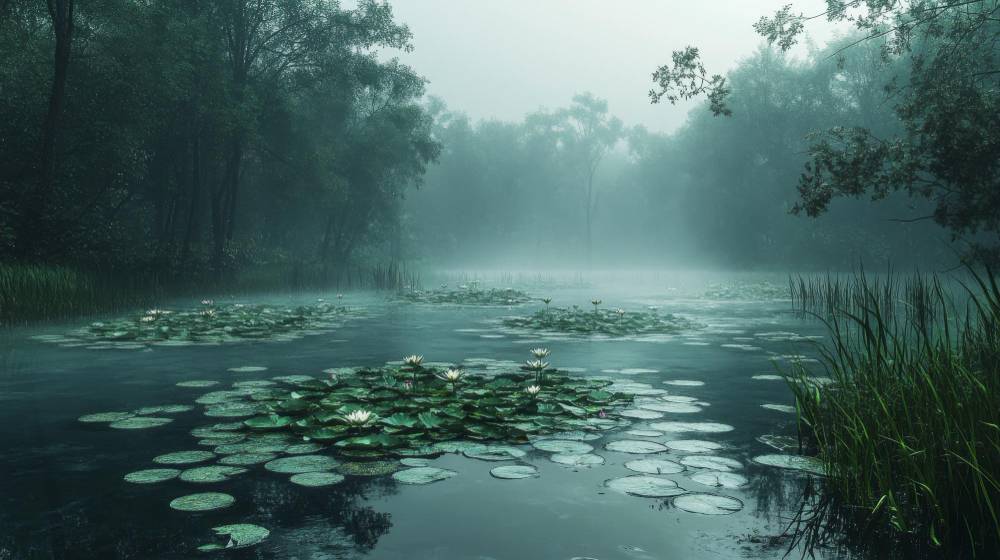
A pristine lake or pond can turn an ordinary property into a heavenly place. On the flip-side, a murky body of water can irk and distress visitors. If you’re dealing with murky water on your property, don’t worry – there are solutions!
In this brief article brought to you by Aquatic Restoration, we shed light on why lakes and ponds can get murky. We’ll also share some pond maintenance tips to keep your water body shimmering. If you’d rather consult with professionals, then call Aquatic Restoration to get in touch.
Murky water isn’t just an eyesore; it’s a sign that something in your pond or lake isn’t quite right. Understanding what’s causing the problem is the first step toward finding a solution. Here are some common causes:
Now that you know why your water is murky, let’s talk about how to fix it. Clearing up a pond or lake takes time and effort, but you can restore your water to its natural beauty with the right approach.
If you are looking for professional lake and retention pond maintenance, then consider Aquatic Restoration. With over 40 years of industry experience, we have the expertise and equipment to turn your water body into what it’s meant to be.
If you own a pond, we don’t have to tell you how irritating mosquitoes can be or how important it…
Dredging is an integral part of keeping lakes clean, healthy, and sustainable. This…
Lake management is an integral part of keeping your lake in peak condition. It involves activities such as lake…
There are many incredible benefits that come with restoring natural lake depth. Not only does it improve water quality…
When it comes to maintaining healthy water bodies, there are two primary methods that are often used: dredging and pond…